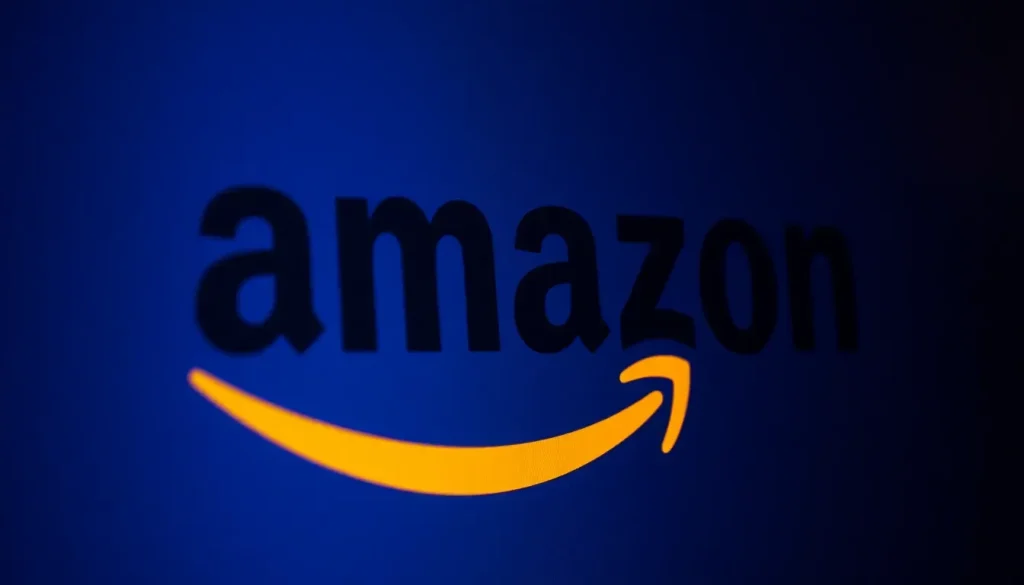Amazon simplifies Prime cancellations and refunds $1.5B to customers

In a significant move reflecting the growing scrutiny over consumer protection practices in the digital marketplace, Amazon has reached a settlement with the Federal Trade Commission (FTC) regarding allegations that it has engaged in deceptive enrollment practices for its Prime membership. This case highlights the ongoing challenges that consumers face in navigating subscription services and brings to light the importance of transparency in the digital economy.
The FTC's announcement, made in a press release, reveals that Amazon is set to pay a civil penalty of $1 billion, a figure that marks a historic moment as the largest fine ever imposed for violations of FTC regulations. Additionally, the company will provide $1.5 billion in refunds to approximately 35 million customers who were affected by these misleading enrollment practices.
Understanding the Allegations Against Amazon
The FTC's lawsuit accused Amazon of employing tactics that not only misled customers into signing up for its Prime service but also made it unnecessarily complicated to cancel their subscriptions. This behavior raises critical questions about consumer rights and the ethical considerations of marketing strategies in the tech industry.
- Deceptive Enrollment Practices: Customers were reportedly signed up for Prime without their clear consent, leading to confusion over their subscription status.
- Complex Cancellation Processes: Once enrolled, users found it challenging to unsubscribe, often encountering misleading prompts that discouraged cancellation.
- Lack of Transparency: The absence of clear information regarding auto-renewals and cancellation policies contributed to consumer frustration.
This settlement does not merely serve as a financial penalty for Amazon; it also signals a shift toward greater accountability in the tech industry. As subscription-based services proliferate, ensuring that consumers have clear options for enrollment and cancellation becomes increasingly vital.
The Financial Implications of the Settlement
With the FTC's settlement, Amazon faces substantial financial repercussions. The $1 billion civil penalty stands as a warning not only to Amazon but also to other companies operating in the subscription domain.
Moreover, the $1.5 billion allocated for customer refunds represents the second-largest restitution awarded through FTC action to date, underscoring the scale of consumer harm involved. This hefty sum is set to be distributed among those who experienced difficulties with Prime enrollment, ensuring that a significant number of customers receive compensation for their troubles.
Changes to Amazon’s Prime Cancellation Process
As part of the settlement, Amazon is required to overhaul its Prime cancellation process, making it more user-friendly and transparent. Some of the critical changes that customers can expect include:
- Clear Cancellation Options: Amazon must prominently display an explicit button for customers wishing to decline Prime membership.
- Elimination of Deceptive Language: The previous phrasing that discouraged cancellations, such as “No, I don’t want Free Shipping,” will be removed.
- Improved Disclosure Practices: The company is obligated to provide clear information regarding auto-renewals and cancellation procedures.
- Consistent Processes: Customers will be able to cancel their Prime memberships using the same method they used to enroll, streamlining the process significantly.
These improvements are designed to enhance consumer experience and ensure that users can make informed decisions about their subscriptions. By prioritizing transparency, Amazon aims to rebuild trust with its customer base.
The Broader Impact on Subscription Services
This landmark case against Amazon sets a significant precedent for other companies in the subscription economy. As consumer awareness of subscription practices grows, businesses may face increased scrutiny and potential legal challenges if they fail to adhere to ethical marketing standards.
As subscription services become ubiquitous, the implications of this settlement extend beyond Amazon. Other companies may need to reevaluate their own practices to avoid similar pitfalls. Here are several potential outcomes:
- Increased Regulatory Scrutiny: Other e-commerce and subscription-based businesses may find themselves under closer examination by regulatory bodies.
- Consumer Advocacy: This case may empower consumer advocacy groups to pursue further action against companies with similar practices.
- Market Shifts: Companies may need to adopt more customer-centric policies to remain competitive and trustworthy in the eyes of consumers.
Conclusion: The Importance of Consumer Protections
The settlement between Amazon and the FTC serves as a stark reminder of the necessity for consumer protections in the ever-evolving digital marketplace. As subscription models become more prevalent, it is crucial for companies to embrace transparency and prioritize the rights of consumers. This case not only provides a blueprint for regulatory actions in the future but also emphasizes the collective responsibility of consumers, companies, and regulatory agencies to foster a fair and equitable marketplace.




Leave a Reply